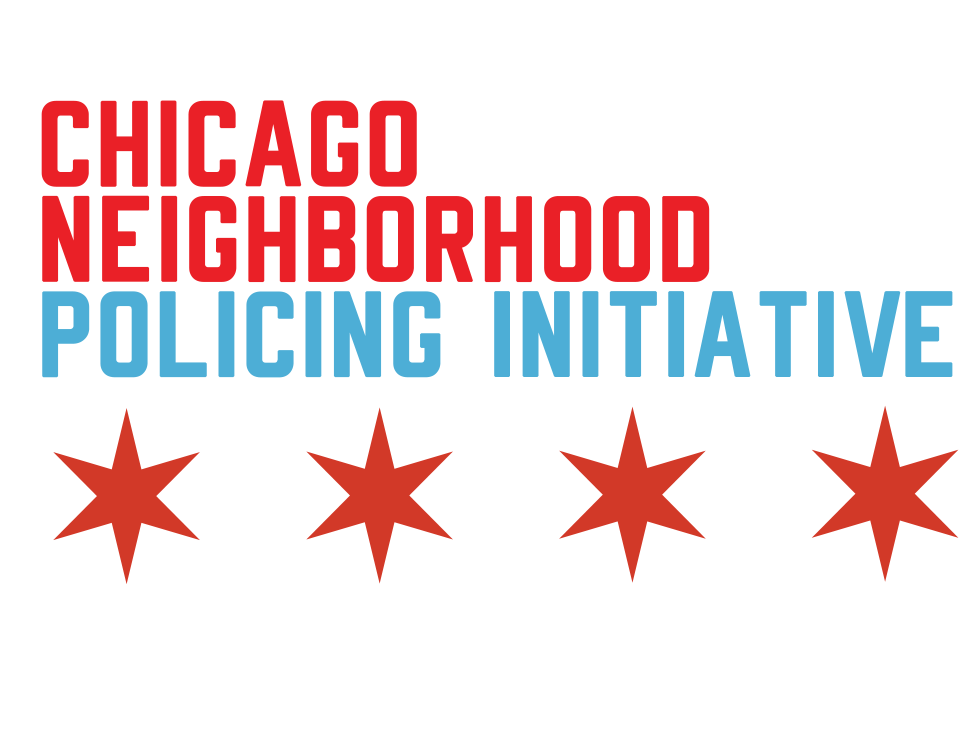Resources
Neighborhood policing starts with the word “neighborhood.” That means since we’re the ones directly impacted by the problems we see, we should be the ones who have a voice in how those problems get solved.
Community Commission for Public Safety and Accountability
The Community Commission is a seven-member body, nominated by elected community members, selected by the Mayor, and confirmed by the City Council.
Commissioners will serve four-year terms and will have several key powers. The Commission will: Play a central role in selecting and removing the Police Superintendent, COPA Chief Administrator, and Police Board members; Set CPD, COPA, and Police Board policy; Establish goals and evaluate progress for CPD, COPA, and the Police Board; Make CPD budget recommendations before the City Council votes on the budget; Identify and , recommend, preventative, proactive, community-based, and evidence-based solutions to violence, including non-policing alternatives; and Promote community engagement and transparency.
Learn more about the Community Commission for Public Safety and District Councils >>
Chicago Consent Decree
The Chicago Police Consent Decree, approved by a federal judge in 2019, is a detailed plan of police reforms that is approved by and enforced by a federal judge. Because it is enforced by a federal judge, a consent decree can set a high bar for police accountability and the protection of civil rights. It will also help ensure that Chicago police officers get the training resources and support police officers need to perform their jobs professionally and safely, because the requirements of the consent decree simply will not be satisfied without them.
Learn more about the Chicago Police Consent Decree – http://chicagopoliceconsentdecree.org
SAJE POLICING ASSESSMENT (SAJE)
How do we know if a policing agency is a “good” one?
The lack of national standards, and conflicting notions of what police could and should do for their communities, makes defining “good” policing difficult. Even if we could agree about what good policing is, how would we know whether a department is measuring up?
Many jurisdictions turn to proxy measures like crime rates or the number of citizen complaints to answer that question. These proxies tell a very narrow – sometimes inaccurate – part of the story.
SAJE POLICING
The Policing Project developed the SAJE Policing Assessment to help municipal leadership, policing agencies, and the communities they serve know how their policing agency measures up to standards for good policing. The SAJE Policing Assessment identifies areas in which agencies are performing well, and areas in which they need improvement.
Sound Policing-Is the policing agency well-managed?
Accountable Policing-Is the policing agency accountable to the communities it serves?
Just Policing-Is the policing agency respectful of civil liberties, equitable, and racially just?
Effective Policing-Is the policing agency keeping the communities it serves safe?
Find out more about SAJE.
Reimagining Public Safety (RPS)
The current public safety response system is broken. For decades, police have been the 24-7, one-size-fits-all response to community needs, from stopping violent assaults to picking up stray dogs. This approach does not serve the community well, nor is it working for police. As a result, police and the general public alike experience unnecessary harms and threats to their well-being, and underlying public safety issues remain unsolved.
To address this, the Policing Project has been on the ground in five major metropolitan areas across the country speaking with activists, academics, police, first responders, and community members to learn what public safety means to them and think through how to achieve it. We are working with Chicago city leaders to learn how their alternative response models are working, and how they can be improved. Stay tuned for more information on how we are Reimagining Public Safety in Chicago.
